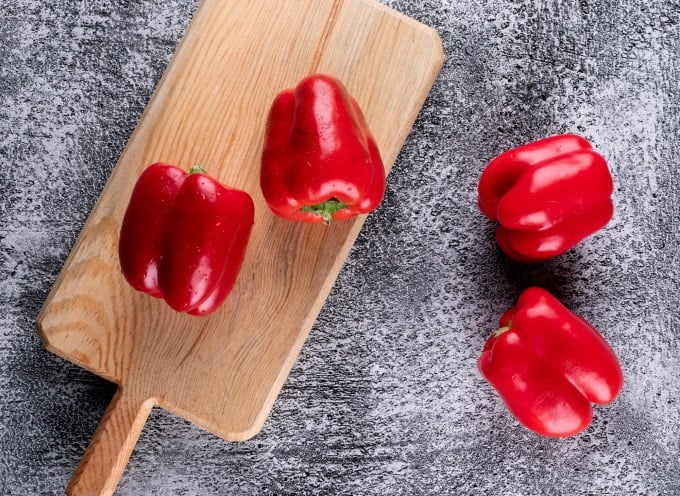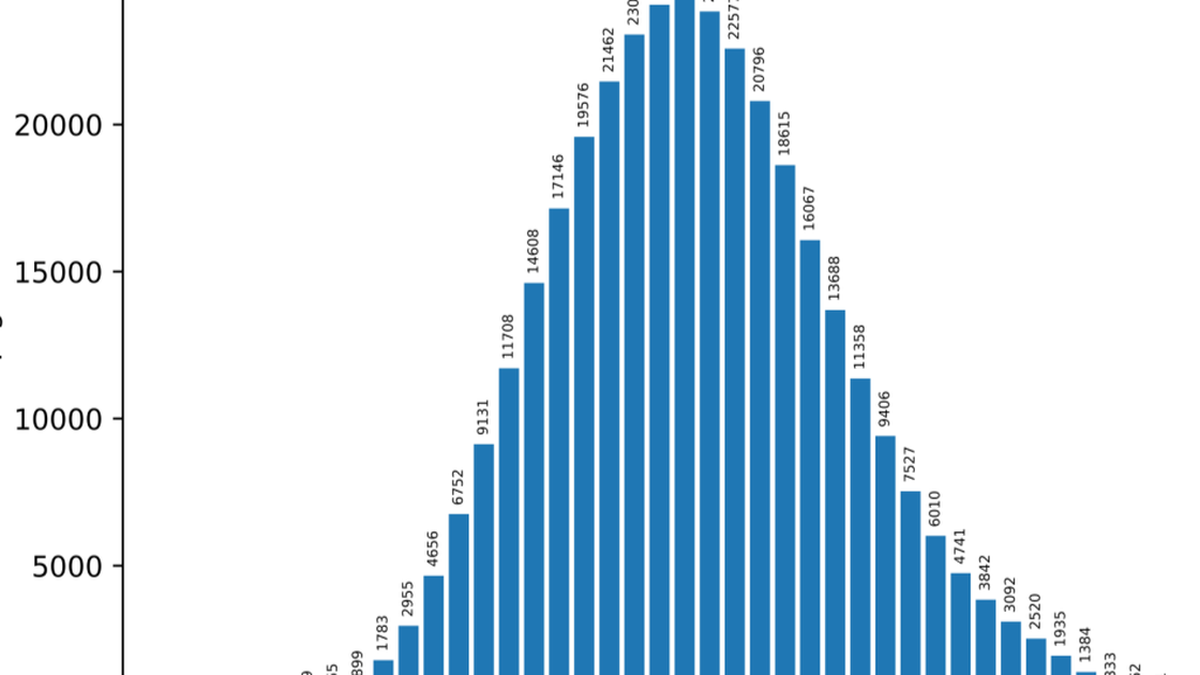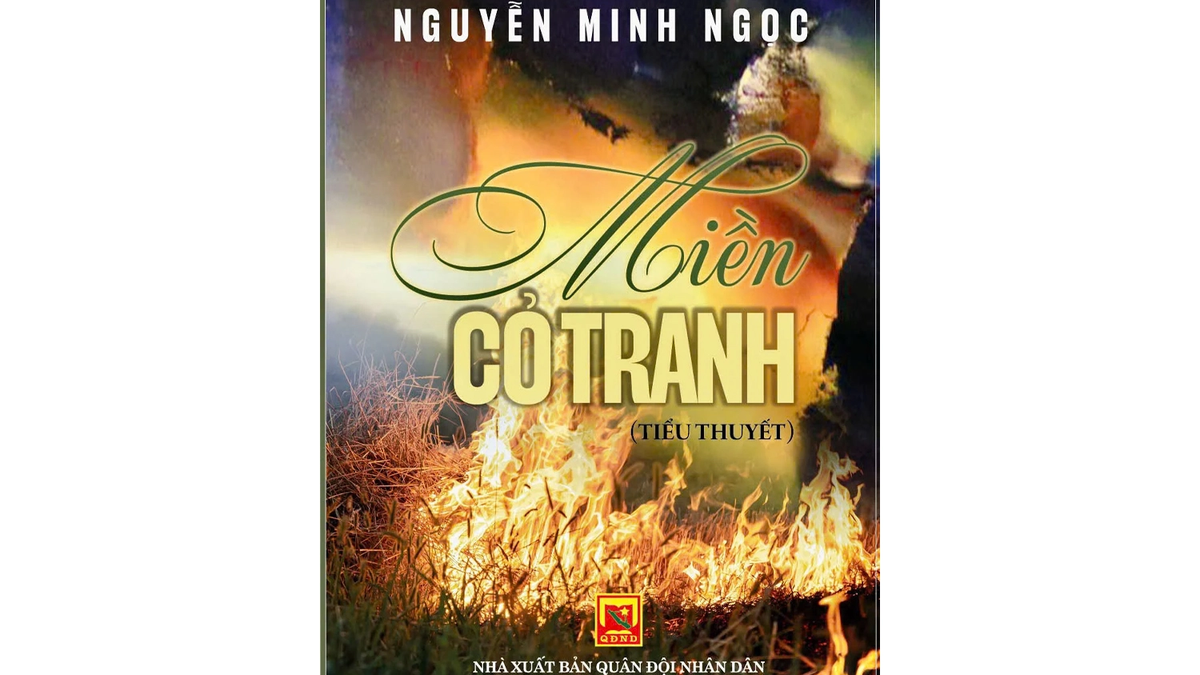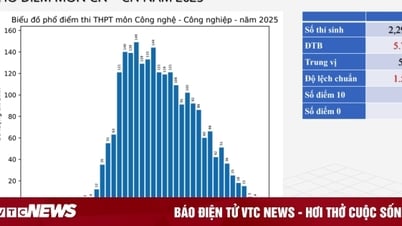Some foods help provide vitamins and minerals to strengthen bones, fight disease and oxidation.
Sweet potato
Sweet potatoes are one of the richest dietary sources of vitamin A. One medium sweet potato contains more than 28,000 IU of vitamin A, which is 561% of the recommended daily intake. This vitamin, which the body converts from beta-carotene, plays an important role in immune function, reproductive health, and vision.
In addition to sweet potatoes, beef liver, spinach, fish, eggs and carrots are also other rich sources of vitamin A for the body.
Red bell pepper
Bell peppers are the richest source of vitamin C. One red bell pepper contains up to 95 mg of vitamin C. Vitamin C is an important antioxidant. This vitamin is also involved in many important processes in the body such as protein metabolism and neurotransmitter synthesis.
Other fruits and vegetables that are also high in vitamin C include: kiwi, broccoli, Brussels sprouts, and cantaloupe.

Red bell peppers are the richest source of vitamin C. Photo: Freepik
Dairy products
Dairy products are one of the greatest natural sources of calcium. For example, low-fat yogurt has just under 415 mg of calcium, which is about 42% of a person's recommended daily intake. Calcium is one of the most abundant minerals in the body. Up to 98% of calcium is found in teeth and bones, with additional amounts found in blood vessels, muscles, etc.
Besides milk, dark green leafy vegetables such as kale, bok choy... are also other natural sources of calcium.
Fatty fish
Fatty fish such as salmon, mackerel, and swordfish are natural sources of vitamin D. Each tablespoon of cod liver oil contains about 1,360 IU, and swordfish about 566 IU, which is nearly 142% of the recommended daily intake.
Vitamin D is absorbed by the body when exposed to sunlight, helping to promote calcium absorption and bone growth. In addition, this vitamin also plays an important role in cell development, increasing resistance and reducing inflammation.
Nuts
Vitamin E is a powerful antioxidant that helps protect cells from damage caused by free radicals. Vitamin E is essential for immune health, blood vessel function, and blood clotting.
This vitamin is abundant in nuts such as sunflower, almonds, peanuts and vegetable oils, typically wheat germ oil. Each serving of wheat germ oil contains up to 20.3 mg of vitamin E, just enough for the recommended daily amount.
Green leafy vegetables
Foods rich in vitamin B9 (folate) include dark green leafy vegetables, fruits, nuts, and dairy products. This vitamin is important for pregnant women's health, helping to prevent birth defects in the fetus. Folate also helps form new tissues and proteins in the human body.
Leafy greens are also some of the best sources of vitamin K. Kale has the most vitamin K, followed by bok choy, spinach, and beets. Vitamin K is important for blood clotting. Without vitamin K, the body cannot stop bleeding when bruised or injured.
Red meat, chicken liver
There are two forms of dietary iron: heme iron (found in animal foods like red meat, fish, and poultry) and nonheme iron (found in plant sources like lentils and beans). Chicken liver is the food with the most heme iron, with 11 mg, which is 61% of the recommended daily intake.
Proteins in the body use iron to transport oxygen and grow cells. Hemoglobin is a protein found in red blood cells that contains most of the body's iron. It is responsible for carrying oxygen to tissues.
Bao Bao (According to Health )
Source link






































































































Comment (0)